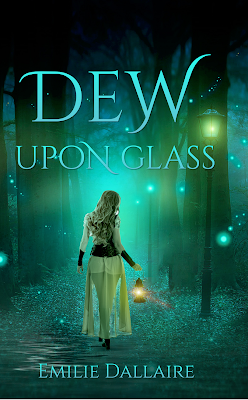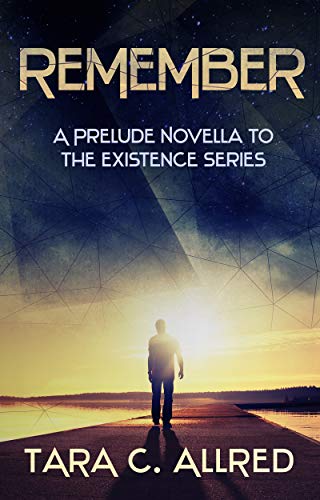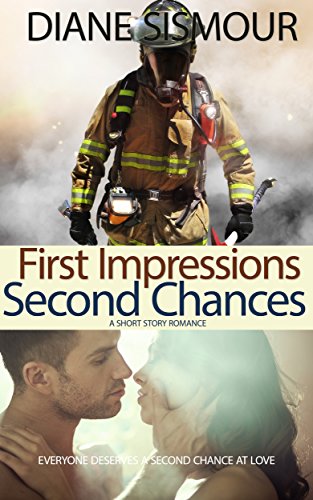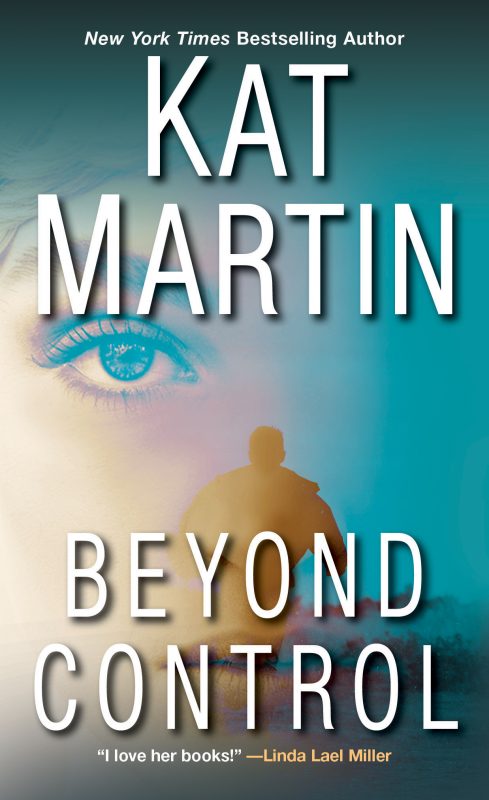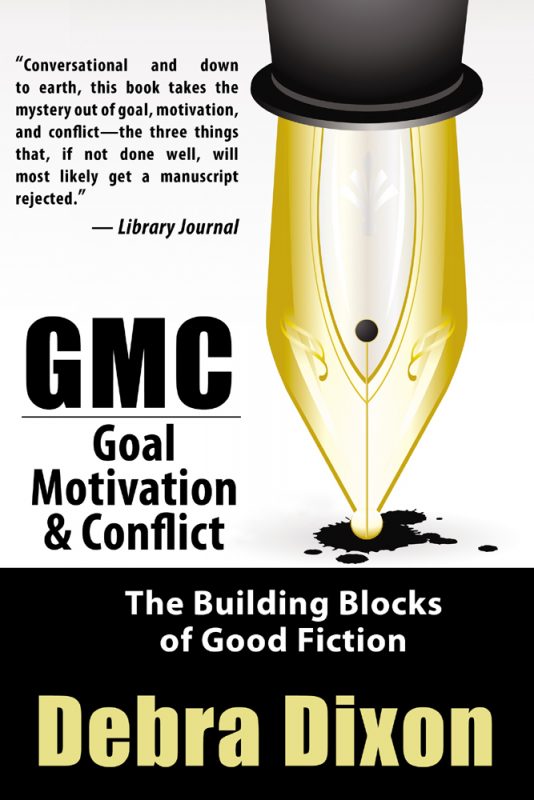July Featured Author: Jina Bacarr
July 1, 2018 by Jina Bacarr in category Featured Author of the Month tagged as contemporary romance, historical novels, Jina Bacarr, July Featured Author, kindle scout, romanceJina Bacarr : July Featured Author
Jina Bacarr discovered early on that she inherited the gift of the gab from her large Irish family when she penned a story about a princess who ran away to Paris with her pet turtle Lulu. She was twelve. She grew up listening to their wild, outlandish tales, and it was those early years of storytelling that led to her love of history and traveling.
She enjoys writing to classical music with a hot cup of java by her side. She adores dark chocolate truffles, vintage anything, the smell of bread baking and rainy days in museums. She has always loved walking through history—from Pompeii to Verdun to Old Paris.
The voices of the past speak to her through carriages with cracked leather seats, stiff ivory-colored crinolines, and worn satin slippers. She has always wondered what it was like to walk in those slippers when they were new.
The Extra Squeeze Team is Taking Questions
June 30, 2018 by The Extra Squeeze in category The Extra Squeeze by The Extra Squeeze Team tagged as HO Charles, Jenny Jensen, Publishing Questions, Rebecca Forster, Robkin Blakely, The Extra Squeeze, Writing Questions
Taking Questions!
Ever wonder what industry professionals think about the issues that can really impact our careers? Each month The Extra Squeeze features a fresh topic related to books and publishing. Here are some of the questions they have answered in 2017 and 2018. Sensitivity Editors, How Much Reality and Is the F-word a Bomb.
But now they need YOUR questions. Is there a publishing or writing question that you want the answer to, but don’t know who to ask?
Let Amazon mover and shaker Rebecca Forster and her handpicked team of book professionals offer frank responses to your questions from the POV of each of their specialties — Writing, Editing, PR/Biz Development, and Cover Design.
Ask the Extra Squeeze Team a Question

Rebecca Forster
USA Today Bestselling author of 35 books, including the Witness series and the new Finn O’Brien series.

Jenny Jensen
Developmental editor who has worked for twenty plus years with new and established authors of both fiction and non-fiction, traditional and indie.
Robin Blakely
PR/Business Development coach for writers and artists; CEO, Creative Center of America; member, Forbes Coaches Council.
BOOK REVIEW: The Port Elspeth Jewelry Making Club by Holly Tierney-Bedord
June 27, 2018 by A Slice of Orange in category Book Reviews by Veronica Jorge tagged as book review, crafts, drama, Friendship, Holly Tierney-Bedord, jewelry, murder, mystery, romance, women's fictionMmmrrh … pull up a chair and settle in to make jewelry as you chat and bond, lick wounds and discover new doors, break up and fall in love … and unravel a mystery with the women of The Port Elspeth Jewelry Making Club by Holly Tierney-Bedord.

From the Amazon Description:
It’s been five years since the idyllic oceanside town of Port Elspeth was rocked by tragedy. Shortly after their high school graduation, Evangeline Maddingly, daughter of one of the town’s wealthiest old-money families, and Oliver Prescott, son of one of the town’s wealthiest new-money families, were found dead in an isolated cabin in the woods outside of town. The circumstances surrounding their untimely deaths are murky at best, thanks in large part to a coroner with connections to the town’s founding families and a sweeping effort from those in power to shut down any negative publicity that could harm the reputation of their pristine community.
~Five years later~
A small group of strangers gather to create jewelry for one of Port Elspeth’s many fundraisers. Before long, friendships are forming and old secrets are being revealed. Along with solving the mystery of how to make a perfect pair of chandelier earrings or cabochon necklace, these unlikely friends find themselves at the heart of solving the murders that took place half a decade earlier.
This book sweeps you away with shades of The Jane Austen Book Club and piques your interest in ways reminiscent of The Bletchley Circle. As the women meet, ostensibly to make jewelry, they learn about their own lives and loves and make decisions that change everything. And one of those decisions is to solve an unsolved murder in the community.
The Port Elspeth Jewelry Making Club follows the lives of six women – one teenager, one woman in her twenties, two women in their thirties, one woman in her fifties, and one woman in her seventies. We become immersed in their relationships with lovers and family members in all their glory and ignominy. This comfortably intimate novel makes you feel as if you are a part of the club as you piece together dangly earrings, smile at a new friend you feel like you’ve known forever, cringe at flashes of boorishness, and feel chills slide down your neck as you realize a killer is on the loose from a murder that no one ever tried to solve. After all, to delve into the crime, in a place such as Port Elspeth, involving such renowned families, just would have been too, too gauche. But Cadence, the founder of the club, is new to town. And all the other club members have quirks in their lives that allow these craft club meetings to turn into stealthy investigations.
What begins as a compelling voyage into the lives of six very different women escalates into an edge-of-your seat hunt for a killer! Because whether it is fashioning bracelets or making justice happen, these women get the job done. In The Port Elspeth Jewelry Making Club, jewelry, and life, is what you make of it, with your own talent and instinct, but more importantly, with the love and support of others.
Holly Tierney-Bedord, a gifted story-teller, has given us yet another gem!
2 0 Read more
CAREFUL WHAT YOU READ BY VERONICA JORGE
June 22, 2018 by Veronica Jorge in category Book Reviews by Veronica Jorge, Write From the Heart by Veronica Jorge tagged as book review, The Scribe of Siena by Melodie Winnawer, Veronica Jorge Be Careful what you read. You might get carried away.
Be Careful what you read. You might get carried away.
Time travel, suspense, history, political intrigue, murder and romance; The Scribe of Siena has something for every reader.
Transported back to the past and trapped in the Middle Ages, New York surgeon, Beatrice Trovato, is hard pressed to navigate the arteries of Siena, Italy…on the verge of the plague.
 And a newly developed empathic power gives her more information than she knows what to do with, forcing her to seek answers beyond her normal world of intellect and science.
And a newly developed empathic power gives her more information than she knows what to do with, forcing her to seek answers beyond her normal world of intellect and science.
But more than that, The Scribe of Siena is a search for identity and belonging.
So many people are searching for their roots via DNA, Ancestry, and Genealogy sites, and are thrilled when they discover a part of themselves that they never knew. Visiting an ancestral country and wearing ethnic clothing often follow.
Like the true surgeon she is, Melodie Winawer takes her character further and deeper. Beatrice’s real journey is out of the brain and into her heart, where she discovers that love is a power that tra nscends time and space. Now she must decide whether she belongs in the uncertainty and danger of Middle Age Siena, or back with her friends and lucrative medical practice in New York City.
nscends time and space. Now she must decide whether she belongs in the uncertainty and danger of Middle Age Siena, or back with her friends and lucrative medical practice in New York City.
Beatrice’s last name, Trovato, which means “found” should give you a clue of how things turn out. But the actual story, you’ll have to read for yourself.
And for those of you who prefer to travel light; The Scribe of Siena is also available in paperback.

June Author, Linda O. Johnston
June 21, 2018 by Linda O. Johnston in category Featured Author of the Month tagged as Featured Author of the Month, Linda O Johnston, mystery, Pets, romance, Suspense
Linda O Johnston started publishing fiction with a series of short stories for Ellery Queen’s Mystery Magazine. The first story, “Different Drummers” won the Robert L. Fish Memorial Award for best first mystery short story in 1988.
Her first novel published in 1995, A Glimpse of Forever was a time travel romance for Love Spell. Since then she has written over 40 novels . . . mysteries, paranormal romance, romantic suspense and more.
Pets and especially dogs frequently show up in Linda’s novels. She has written for Berkley Prime Crime, The Kendra Ballantyne Pet-Sitter Mysteries, which was a spin-off of the Pet Rescue Mysteries and for Midnight Ink The Superstition Mysteries.
She is currently writing three different series. Her most current releases are Pick and Chews, the fourth Barkery & Biscuits Mystery from Midnight Ink, Second Chance Soldier, in the K-9 Ranch Rescue series for Harlequin Romantic Suspense and Protector Wolf, a paranormal romance for Harlequin Nocturne.
In addition to blogging for A Slice of Orange on the 6th of every month, Linda blogs at Killer Hobbies, Killer Characters, the Midnight Ink authors blog, and Writerspace.
Linda enjoys hearing from readers. Visit her website at www.LindaOJohnston.com or friend her on Facebook.
Affiliate Links
A Slice of Orange is an affiliate with some of the booksellers listed on this website, including Barnes & Nobel, Books A Million, iBooks, Kobo, and Smashwords. This means A Slice of Orange may earn a small advertising fee from sales made through the links used on this website. There are reminders of these affiliate links on the pages for individual books.
Search A Slice of Orange
Find a Column
Archives
Featured Books
DEW UPON GLASS
After everything they have gone through. Why now? Why this?
REMEMBERED: A Prelude Novella to The Existence Series
One invention and two men hoping to change the way humans connect—through memory exchanges
More info →FIRST IMPRESSIONS SECOND CHANGES
Everyone deserves a second change at love.
More info →BEYOND CONTROL
Present Danger—When Victoria Bradford got engaged, she told herself to give love a chance. Six months later, she's on the run from her angry, abusive ex-fiancé with her four-year-old daughter and nowhere to go.
More info →GMC: GOAL MOTIVATION & CONFLICT
This book belongs on every fiction writer's bookshelf.
More info →Newsletter
Contributing Authors
Search A Slice of Orange
Find a Column
Archives
Authors in the Bookstore
- A. E. Decker
- A. J. Scudiere
- A.J. Sidransky
- Abby Collette
- Alanna Lucus
- Albert Marrin
- Alice Duncan
- Alina K. Field
- Alison Green Myers
- Andi Lawrencovna
- Andrew C Raiford
- Angela Pryce
- Aviva Vaughn
- Barbara Ankrum
- Bethlehem Writers Group, LLC
- Carol L. Wright
- Celeste Barclay
- Christina Alexandra
- Christopher D. Ochs
- Claire Davon
- Claire Naden
- Courtnee Turner Hoyle
- Courtney Annicchiarico
- D. Lieber
- Daniel V. Meier Jr.
- Debra Dixon
- Debra H. Goldstein
- Debra Holland
- Dee Ann Palmer
- Denise M. Colby
- Diane Benefiel
- Diane Sismour
- Dianna Sinovic
- DT Krippene
- E.B. Dawson
- Emilie Dallaire
- Emily Brightwell
- Emily PW Murphy
- Fae Rowen
- Faith L. Justice
- Frances Amati
- Geralyn Corcillo
- Glynnis Campbell
- Greg Jolley
- H. O. Charles
- Jaclyn Roché
- Jacqueline Diamond
- Janet Lynn and Will Zeilinger
- Jaya Mehta
- Jeannine Atkins
- Jeff Baird
- Jenna Barwin
- Jenne Kern
- Jennifer D. Bokal
- Jennifer Lyon
- Jerome W. McFadden
- Jill Piscitello
- Jina Bacarr
- Jo A. Hiestand
- Jodi Bogert
- Jolina Petersheim
- Jonathan Maberry
- Joy Allyson
- Judy Duarte
- Justin Murphy
- Justine Davis
- Kat Martin
- Kidd Wadsworth
- Kitty Bucholtz
- Kristy Tate
- Larry Deibert
- Larry Hamilton
- Laura Drake
- Laurie Stevens
- Leslie Knowles
- Li-Ying Lundquist
- Linda Carroll-Bradd
- Linda Lappin
- Linda McLaughlin
- Linda O. Johnston
- Lisa Preston
- Lolo Paige
- Loran Holt
- Lynette M. Burrows
- Lyssa Kay Adams
- Madeline Ash
- Margarita Engle
- Marguerite Quantaine
- Marianne H. Donley
- Mary Castillo
- Maureen Klovers
- Megan Haskell
- Melanie Waterbury
- Melisa Rivero
- Melissa Chambers
- Melodie Winawer
- Meriam Wilhelm
- Mikel J. Wilson
- Mindy Neff
- Monica McCabe
- Nancy Brashear
- Neetu Malik
- Nikki Prince
- Once Upon Anthologies
- Paula Gail Benson
- Penny Reid
- Peter J Barbour
- Priscilla Oliveras
- R. H. Kohno
- Rachel Hailey
- Ralph Hieb
- Ramcy Diek
- Ransom Stephens
- Rebecca Forster
- Renae Wrich
- Roxy Matthews
- Ryder Hunte Clancy
- Sally Paradysz
- Sheila Colón-Bagley
- Simone de Muñoz
- Sophie Barnes
- Susan Kaye Quinn
- Susan Lynn Meyer
- Susan Squires
- T. D. Fox
- Tara C. Allred
- Tara Lain
- Tari Lynn Jewett
- Terri Osburn
- Tracy Reed
- Vera Jane Cook
- Vicki Crum
- Writing Something Romantic
Affiliate Links
A Slice of Orange is an affiliate with some of the booksellers listed on this website, including Barnes & Nobel, Books A Million, iBooks, Kobo, and Smashwords. This means A Slice of Orange may earn a small advertising fee from sales made through the links used on this website. There are reminders of these affiliate links on the pages for individual books.














































